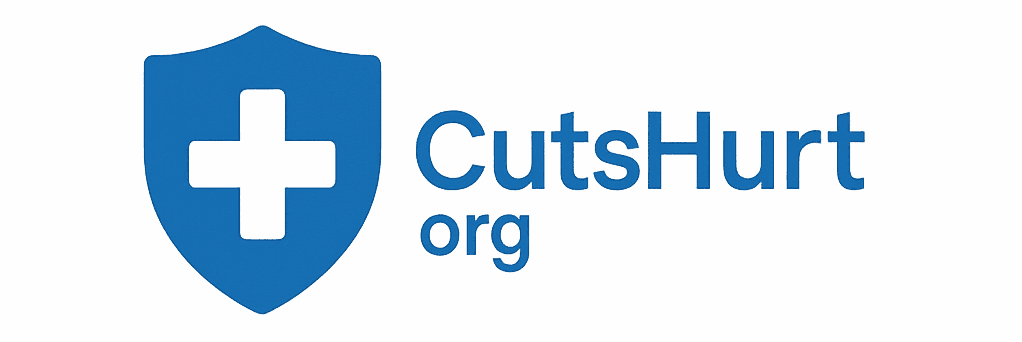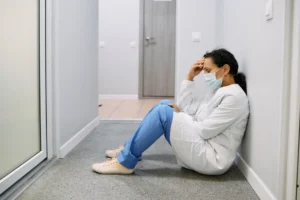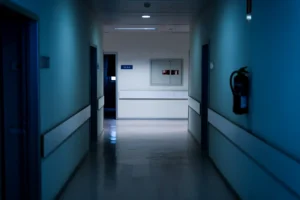Budget Cuts in Community Health: The Ripple Effect on Our Communities
Budget cuts in community health are more than a budgetary line item — they are a direct threat to the well-being of millions. When governments reduce funding for clinics, mental health services, and preventive programs, communities suffer. These cuts ripple outward, affecting everything from education to public safety. Let’s break down the real-world impacts of these dangerous decisions.
1. Budget Cuts and the Closure of Community Health Clinics
Local health clinics are a critical piece of the healthcare safety net. They provide vaccinations, chronic disease care, and affordable treatment to underserved populations. But when community health budgets are slashed, many of these clinics are forced to reduce services or shut down entirely.
Common consequences of budget cuts:
- Limited operating hours
- Staff layoffs
- Reduced treatment availability
Cuts to school budgets follow the same destructive pattern — they disproportionately affect the most vulnerable communities.
2. Preventive Care Gets Eliminated by Budget Cuts in Community Health
Prevention programs such as cancer screenings, diabetes education, and smoking cessation are the first to be cut. These services are cost-effective in the long run, but they often lose funding because their benefits aren’t immediate.
Without preventive care, communities experience:
- Higher rates of chronic illness
- Increased emergency room visits
- Greater long-term healthcare costs
Preventive services should be a cornerstone of public health — not a budgetary afterthought.
3. Emergency Services Overwhelm Due to Budget Cuts in Health Systems
As community clinics close and preventive care disappears, people turn to ERs for basic needs. Emergency departments become overcrowded, leading to:
- Longer wait times
- Decreased care quality
- Burnout among medical personnel
Healthcare performance trackers show a direct correlation between budget cuts and increased ER strain.
4. Budget Cuts in Mental Health Services Are a National Crisis
Mental health services are often cut first and hardest. This leads to a lack of support for people dealing with depression, anxiety, substance abuse, and more.
Impact of defunding mental health:
- Increased homelessness
- Higher suicide rates
- Overcrowded jails and hospitals
We discussed this in more detail in our piece on why public funding matters.
5. Budget Cuts in Community Health Cripple Public Health Preparedness
Agencies responsible for outbreak control and health education suffer when their funding disappears. Without adequate surveillance and response capabilities, communities face delays in responding to epidemics and natural disasters.
The World Health Organization highlights how social determinants like funding influence health equity and outcomes globally.
6. The Economic Cost of Ignoring Budget Cuts in Community Health
A sick community is an unproductive one. Lost workdays, school absences, and avoidable emergency room bills all contribute to a worsening economy. When we invest in health, we invest in a thriving, functional society.
- Employers face lower productivity
- Schools struggle with absenteeism
- Families are burdened with high medical debt
7. Who’s Hurt Most by Budget Cuts in Community Health?
The impact is never equal. Rural communities, urban low-income neighborhoods, and communities of color suffer the most. Budget cuts intensify the cycle of poverty and health disparity, and these gaps can take generations to close.
8. How to Reverse the Impact of Budget Cuts in Community Health
Change starts with awareness and action. Communities must demand better allocation of resources and call out short-sighted budgeting that prioritizes cuts over care.
Solutions include:
- Restoring funding to public clinics
- Protecting mental health budgets
- Passing legislation that prioritizes preventive care
Conclusion
Budget cuts in community health don’t just balance ledgers — they cost lives. From closed clinics to overwhelmed emergency rooms, these cuts ripple across entire communities, deepening inequality and harming those already at risk.
We have a choice: invest in community health now or pay a much higher price later. The time to act is now.










